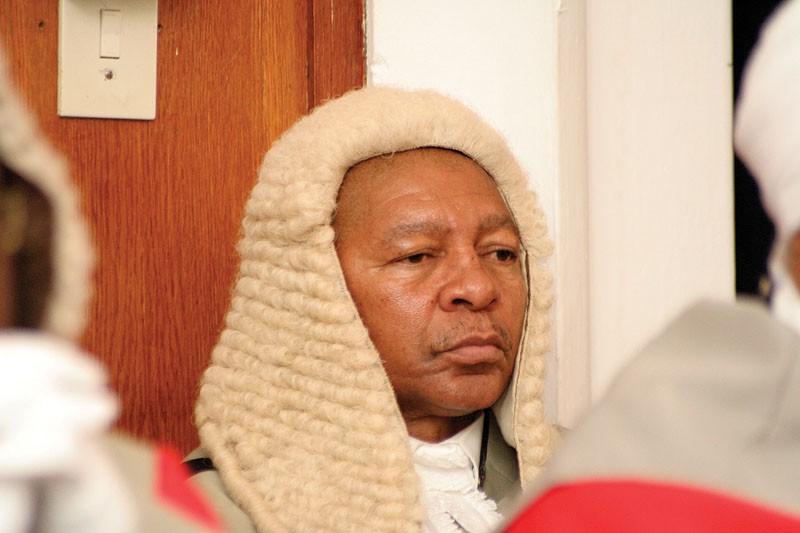Judge lambasts magistrate
Tefo Pheage | Tuesday November 3, 2015 16:29


Three Zimbabweans; Augustine Tembo, Trevor Vandirayi and Tawanda Mukafura, are charged with the murder of a 17-year-old Nigerian University of Botswana (UB) student last year at Village, Gaborone.
The trio previously applied for bail at the magistrates’ court, but it was refused. The applicants later made a second attempt at the same court, but a different magistrate Gaosikelwe refused to grant them bail.
Gaosikelwe refused to grant bail for reasons that a different magistrate had already denied them bail and advised them to appeal to the High Court.
Mothobi, however, challenged Gaosikelwe’s remarks that there was nothing she could do because her colleague’s order stands and what is open to the accused was to appeal to the High Court.
“This is clear from Section 105 of the Criminal Procedure and Evidence Act. However, this procedural right will be of little or no practical value unless the bearer of this right is made aware of it. As before said, Ms Gaosikelwe refused to entertain the applicants’ further application for bail. The learned magistrate merely informed them of the right to appeal to this court,” he said.
Mothobi said it is plain from the wording of Section 113 that where an accused is aggrieved by the refusal of a magistrate to admit him bail, he may apply to the High Court for relief.
“Consequently the court can be approached in one of the two different ways, by appeal or application, whichever may be the case, in writing” the judge said.
He added that one of the problems likely to be encountered when considering the question is whether the Criminal Procedure and Evidence Act is a penal or procedural statute. Is, in other words, refusal of bail non-penal in character in the sense that a criminal sanction is not imposed? At first sight it seems so,” remarked the judge.
But the preamble, he said, makes plain that the object of the Act is to make provision with respect to procedure and evidence in criminal cases, and to provide for other matters incidental to such procedure and evidence.
“Although it is open to question, my own conclusion is that while it is a procedural statute, at the same time the Act is penal in character for it operates within the context of criminal proceedings. However the case may be, the rule for construction of penal statutes is that if there are two reasonable constructions, we must give the more lenient one,’ he said.
Mothobi charged that the applicants are yet to be committed for trial and therefore the Act did not bar the magistrate from entertaining the applicant’s further bail application.
“Regrettably, I fear, the learned magistrate concerned misdirected herself,” Mothobi said.
Mothobi went further to deny the three accused bail saying they are a high risk to skip the country.
